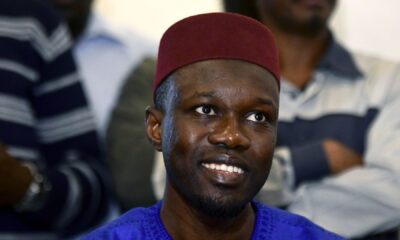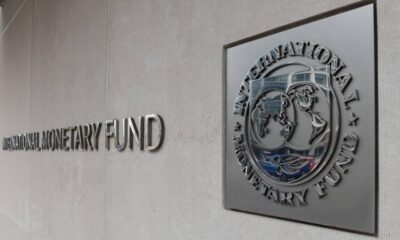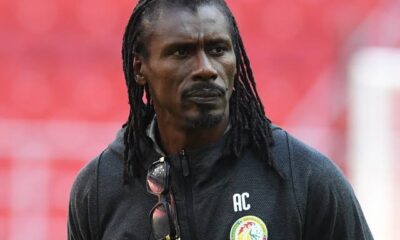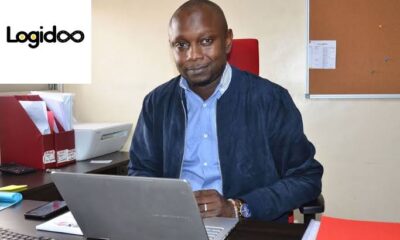The Senegalese government unveiled a 25-year growth plan on Monday, claiming that it would establish the groundwork for economic sovereignty through excellent governance, competitiveness, and sustainable resource management.
Seven months after President Bassirou Diomaye Faye won the election handily based on his pledge to raise living standards in the country of West Africa, the agenda was introduced.
“We aim to build a diversified and resilient economy,” Faye said at the launch ceremony, a month ahead of a snap legislative election.
“Our … economy has been neutralised by a model of exploiting raw materials without any significant local processing or valorisation, leaving our domestic private sector too weak … and our young talent in desperate search of opportunities,” he said.
With the commencement of production at its Sangomar oil and gas project by Australia’s Woodside Energy in June, Senegal became an oil-producing nation. Additionally, BP’s Greater Tortue Ahmeyim liquefied natural gas project is scheduled to start producing gas by the end of the year.
An examination of mining and oil contracts was started by Faye early in his presidency, but the government has not released any information about its status.
The first phase of the economic plan, estimated to cost $30.1 billion, is scheduled to run from 2025 to 2029 and will decrease the budget deficit from 4.9% of GDP to 3% of GDP over that time.
A combination of private, governmental, and public-private partnership funds will be used to pay for it. It is predicated on a 6.5% average growth rate and a 21.7% average tax burden rise.
The IMF lowered its growth projection for Senegal from 7.1% in June to 6.0% in September after the country’s economy grew more slowly than anticipated in the first half of the year.
The government wants Senegal to become energy self-sufficient by increasing access to electricity from 84% to 100% under the new plan.
Senegal’s deficit finance framework will also be changed by the incoming administration in order to reframe the country’s debt.
The downtrodden urban youth whose backing propelled Faye to power have been pressuring him to keep his electoral pledges.
In response to opposition from the national assembly, the president dissolved parliament last month, setting the stage for the early legislative election scheduled for November 17. Having only 26 seats in the now-dissolved 165-member parliament, his Pastef party had limited influence.
According to the IMF, government revenue decreased dramatically in the first eight months of the year, and there are worries that the election may cause a delay in IMF financing.
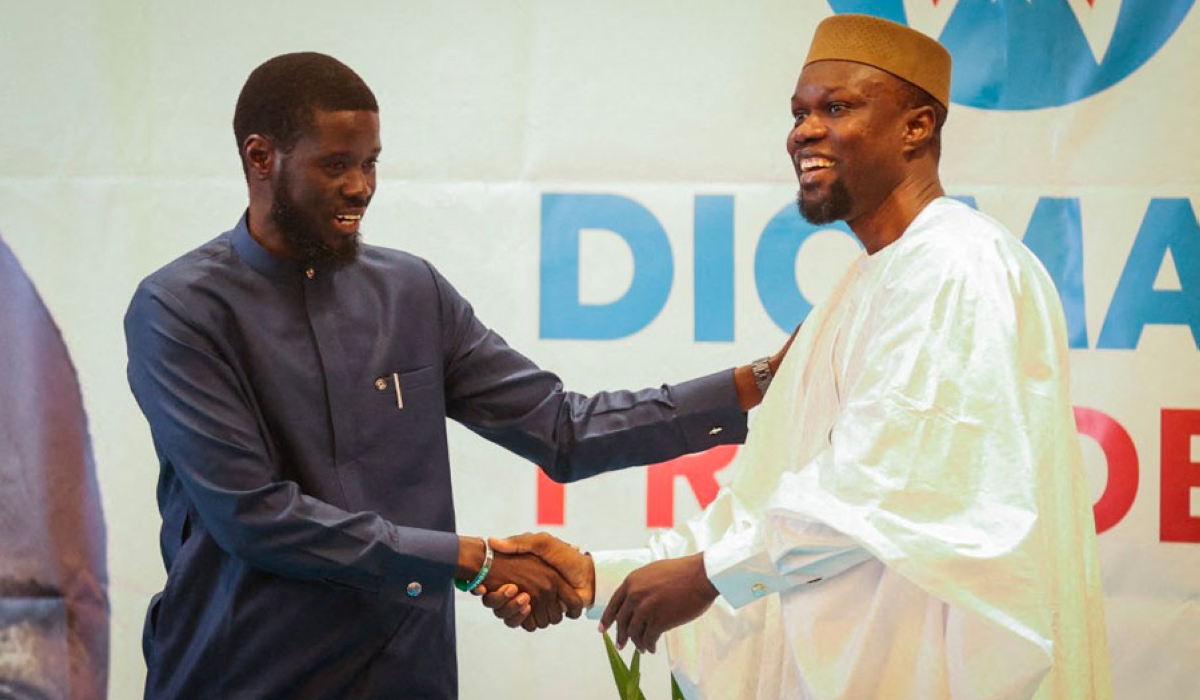

 Politics1 day ago
Politics1 day ago
 Metro1 day ago
Metro1 day ago
 VenturesNow1 day ago
VenturesNow1 day ago
 Musings From Abroad1 day ago
Musings From Abroad1 day ago

